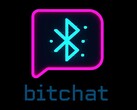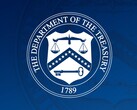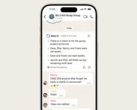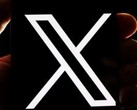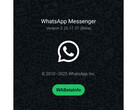Data protection advocates such as organization noyb ("none of your business") have long been at odds with Facebook's parent company Meta. The dispute between the two has already resulted in several complaints and even court proceedings, such as over Meta's refusal to obtain the voluntary consent of its users for its Facebook and Instagram services. Instead, Meta uses what noyb calls a "pay or okay" system in which users are effectively forced to give their consent or otherwise pay for the protection of their privacy.
Meta uses the data collected primarily for its personalized advertising business model, which is now also set to be expanded to its WhatsApp messenger service. WhatsApp will now have advertising—personalized advertising—in which user data from other Meta accounts is also used for analysis.
Data privacy advocates can already guess what exactly the consent for advertising on WhatsApp will look like: Meta will probably enforce its "pay or okay" model for the messaging service as well unless state authorities intervene. But even in such a case, Meta has long since proven to be extremely "creative" when it comes to circumventing any rules, much to the detriment of its users.
According to noyb, this remains incompatible with the EU's GDPR (General Data Protection Regulation), which requires voluntary user consent. Penalty fees for non-consent would contravene this. US companies, Meta in particular, have been increasingly flouting European data protection laws since Trump's election, and Meta has also announced that it would use EU data for AI training without user consent.
noyb now intends to thoroughly examine the new initiative and is considering initiating legal proceedings against Meta. At the same time, data protection advocates criticize the complacency of state authorities. Meta's violations have been known for years, yet hardly any penalties have been imposed, and legal proceedings sometimes remain pending for years. Hence, noyb once again recommends switching from the privacy-hostile monopolist to safer alternatives such as Signal.




